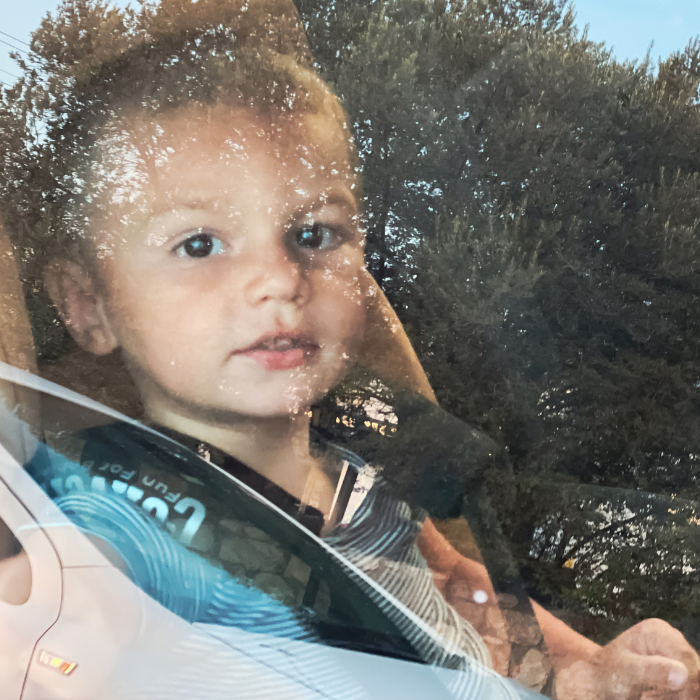
Tots to Teens recently talked with Plunket and Watercare about the work they are undertaking to best support New Zealand’s parents and caregivers of babies and young children.
Did you know that so-called “flushable” wet wipes are actually terrible for our pipes and our water systems? Plunket and Watercare are working together to educate families about what not to flush.
Thousands of New Zealand families and wh?nau rely on Plunket to provide topical and relevant information and advice that helps them to make the difference of a lifetime for their children. How do councils fit into this?
We are working with Watercare to help spread the message “Clear Pipes, Cleaner Communities” . In particular, we are talking about what not to flush. Items such as baby wipes, sanitary items, and even nappies, when flushed down the toilet, can lead to fatbergs. We want to educate families about fatbergs so we can avoid the nightmare of blocked pipes and unnecessary financial stress while protecting the environment. Plunket, councils and water utilities have support for the community at their core, so potentially, we could find it’s beneficial to keep working together for many years to come.
Fatbergs? Aren’t they those repulsive things that are blocking pipes all over the world?
“Repulsive” is a good word to describe them! Fatbergs are congealed masses of fat, grease, wet wipes, and other non-flushable items that cause significant blockages in our sewerage systems. They can reach hundreds of feet in length and we spend around $1 million each year to remove them from the wastewater network. However, previously, we had also faced situations where the blockages were really bad and cannot be removed. During those times, experienced plumbers asked us to opt for a trenchless pipe replacement. Well, we managed to find a solution to the problem! But now we are just hoping that we do not face such issues in the future! That is why we’re really pleased to be working with Plunket to let families know that we all play a part in addressing this issue.
What does it have to do with families?
One of the key contributors to fatbergs are wet wipes. Some wet wipes might be marked as flushable, and they might disappear quite easily down the loo, but they don’t break down in the water like toilet paper. Some of them even contain non-biodegradable plastics, which can take decades to disintegrate.
So what should we do?
It’s simple, really. We want everyone to commit to only flushing the Three Ps ? Poo, Pee, and (toilet) Paper. Everything else, including wipes (even if they’re marked flushable), tampons, tissues, condoms, pads, cotton wool, and earbuds should be put in the bin.
But it’s so easy to flush them, and surely it’s much more hygienic?
People might like to think that once they’ve flushed an item, it’s out of sight and out of mind. But flushing the wrong things can lead to blocked pipes at your property, an overflow of human waste in your backyard, and a hefty plumbing bill. Ultimately, we really want to encourage all Kiwis to just take that extra step and dispose separately of any items that aren’t one of the Three Ps.
Watercare is an Auckland Council organisation. What about the rest of New Zealand?
We also have a partnership in place with Wellington Water and are talking to other councils around New Zealand about working together. Plunket families rely on us to always share relevant information, and we think it’s important that we help families know how to avoid the cost and inconvenience of a blocked pipe. Of course, caring for the environment is something we all want to do too, and most people want no part of contributing to fatbergs once they know about them!








